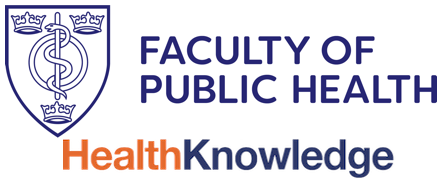Where do you go to find evidence?
Deciding which sources of evidence are the best ones to use will depend on many factors, including the purpose of your search, the time available, and whether you have access to the resource itself. We all belong to extensive information networks and use lots of different sources to find answers to our questions. Often the sources we use are based on our previous behaviour patterns, or are the ones that we are most familiar with or have the easiest access to. Think about the last time you needed to find some information to help you make a health care decision.
- where did you go?
- what sources of information did you use?
List these sources and then try and arrange them in order of reliability. Can you think of a couple of advantages and disadvantages for each source you've used?
Here is what we thought... At workshops held with a range of health practitioners, we asked them to consider the advantages and disadvantages of the sources available to them. From their answers, we have produced a list. This has been arranged into a table, which you can download here. It is, of course, a subjective listing and not intended to be comprehensive. Add some of your own, and discuss your views with your colleagues.
Sources of evidence
Finding the best sources also depends on the type of question you have, and the type of research study that is most appropriate for that question. Evidence is published in a wide range of sources including journals, books, research reports, and increasingly directly onto websites. Sources may contain different types of information, such as clinical guidelines, systematic reviews, controlled trials or qualitative research. Some sources will provide access to a range of information types, ie PubMed, while others will specialise in one particular type, ie the Cochrane Database of Systematic Reviews. This following presentation provides an overview of key sources available to help guide your search for evidence.
